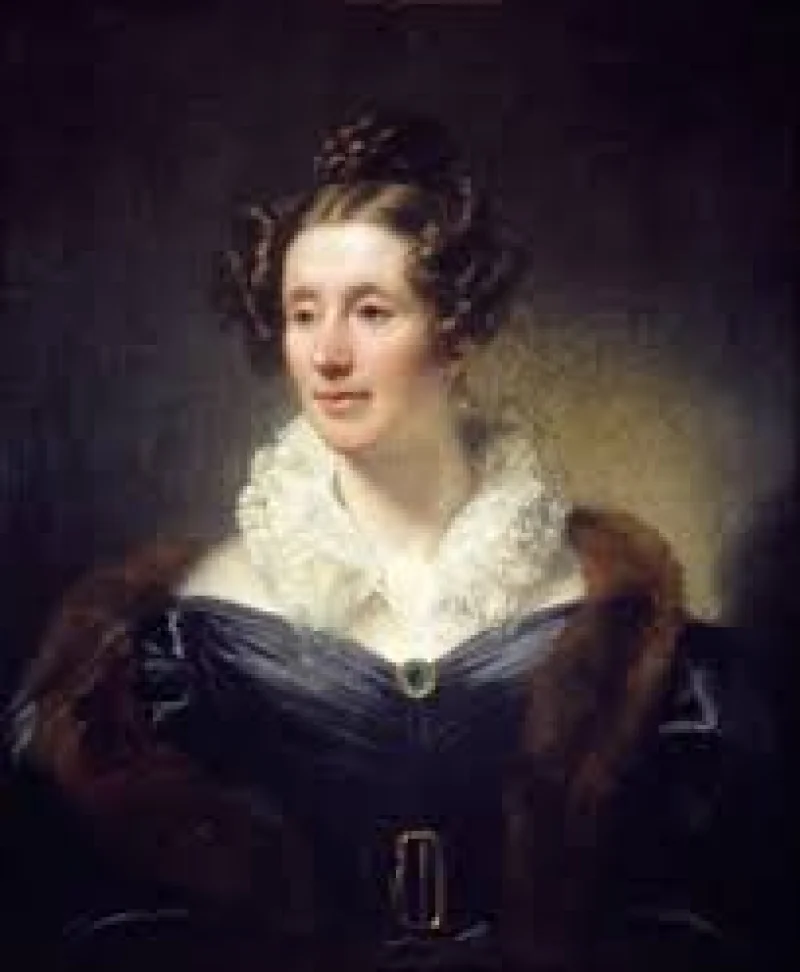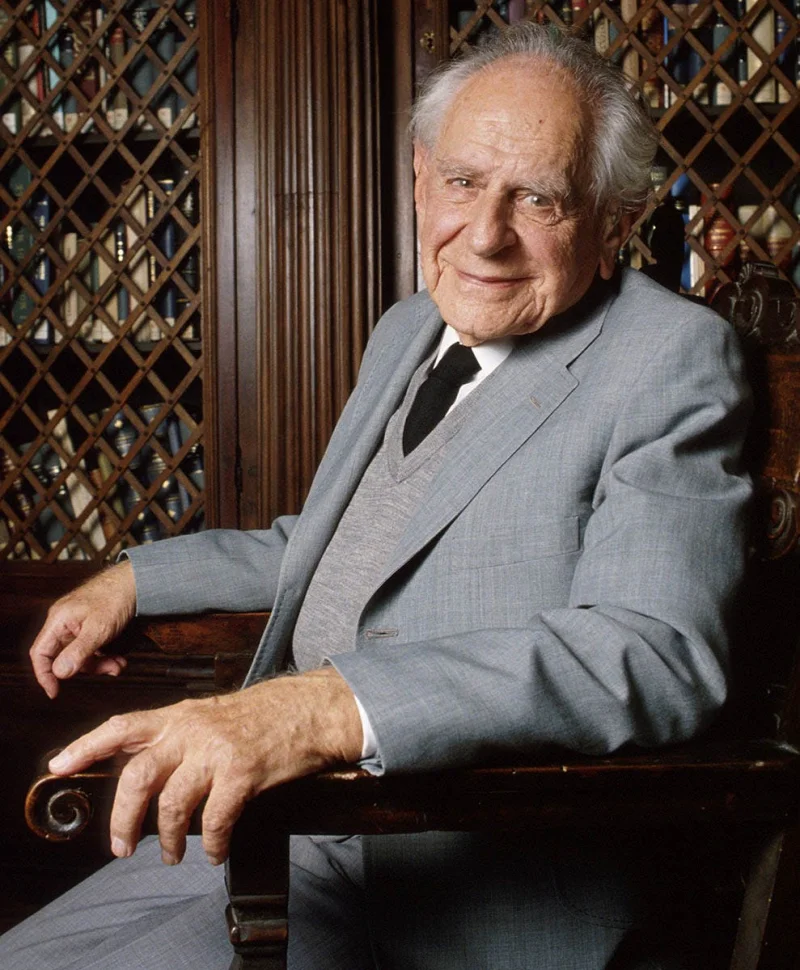Short Summary
Mary Somerville was a pioneering Scottish mathematician, astronomer, and scientific writer whose work in the 19th century laid the groundwork for future discoveries in astronomy and mathematics. She was one of the first women to be elected to the Royal Astronomical Society and became famous for her ability to synthesize complex scientific concepts into accessible language. Her notable works include "The Mechanism of the Heavens" and "On the Connexion of the Physical Sciences," which greatly influenced the scientific community of her time.
Early Life & Education
Mary Somerville was born on December 26, 1780, in Jedburgh, Scotland, into a well-connected but financially constrained family. Her father, William Fairfax, was a naval officer, and her mother, Margaret Charters, came from a family of modest means. Despite limited formal education, she was encouraged to pursue self-education. At the age of 10, Mary began attending a boarding school, where she developed a keen interest in mathematics after finding a book of algebra. She pursued her studies through private tutors and self-directed learning, which laid the foundation for her future contributions to the scientific world.
Career Highlights
Mary Somerville's career was marked by significant achievements in scientific writing and research. Her translation and expansion of Pierre-Simon Laplace's work on celestial mechanics, titled "The Mechanism of the Heavens," garnered her international recognition. She later published "On the Connexion of the Physical Sciences," which unified various scientific disciplines and introduced the concept of the "unity of science." Her work was instrumental in the eventual discovery of Neptune. Somerville's writings made complex scientific ideas more accessible and inspired other scientists, including James Clerk Maxwell and Ada Lovelace.
Major Achievements
- Published "The Mechanism of the Heavens," interpreting Laplace's work for a broader audience.
- Authored "On the Connexion of the Physical Sciences," which popularized the term "science" in its modern sense.
- First woman to receive a gold medal from the Royal Geographical Society.
- One of the first women elected to the Royal Astronomical Society, alongside Caroline Herschel.
Famous Quotes
- "Nothing has afforded me so convincing a proof of the unity of the Deity as these purely mental conceptions of numerical and mathematical science."
- "I have no particular talent. I am merely inquisitive."
Interesting Facts
- Somerville College at the University of Oxford is named in her honor.
- She was an advocate for women's education and suffrage.
- Her face appeared on the Royal Bank of Scotland £10 note issued in 2017.
- She continued her scientific writing and research well into her 80s.
Legacy / Influence
Mary Somerville's legacy endures through her groundbreaking contributions to science and her role as a trailblazer for women in the field. Her ability to communicate complex ideas in an understandable way broke barriers and laid the groundwork for future scientific endeavors. She remains an inspirational figure for women in science, and her work continues to be celebrated in academic circles.
FAQ
Q: Why is Mary Somerville famous?
A: She is famous for her contributions to mathematics and astronomy and for being one of the first female members of the Royal Astronomical Society.
Q: What did she write about?
A: She wrote about celestial mechanics, the interconnection of physical sciences, and popularized scientific knowledge.
Q: What honors did she receive?
A: She received a gold medal from the Royal Geographical Society and had a college at Oxford named after her.











